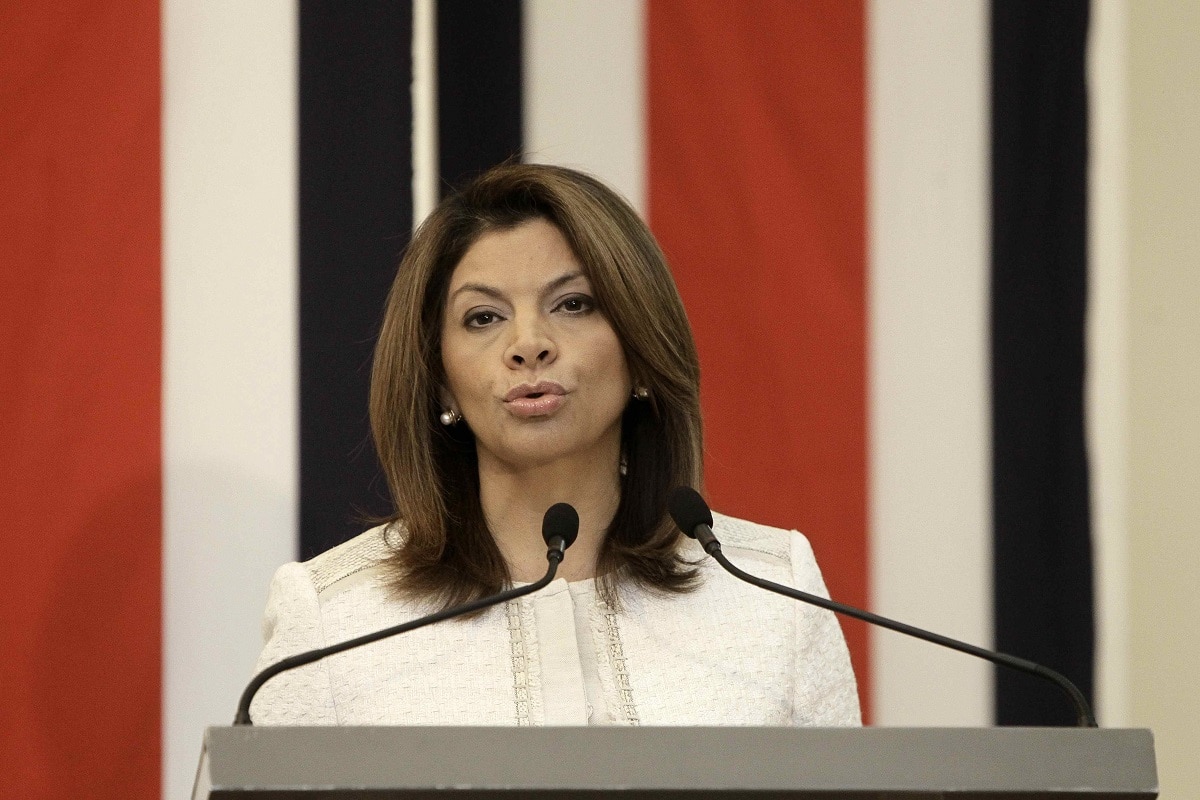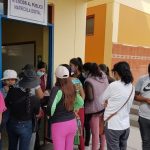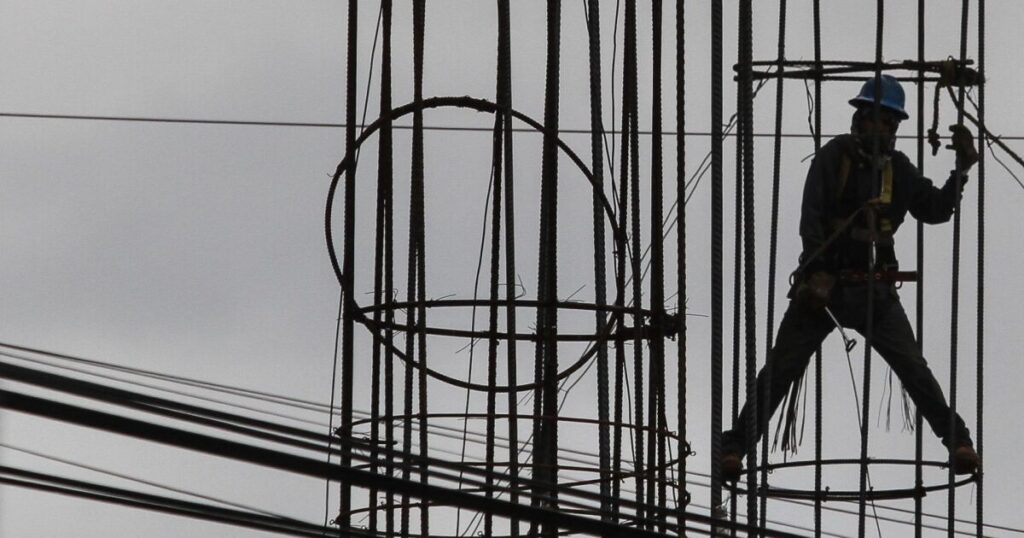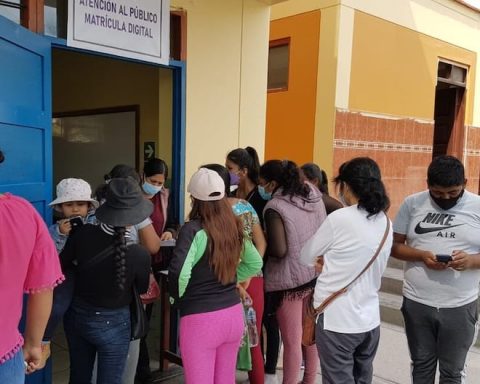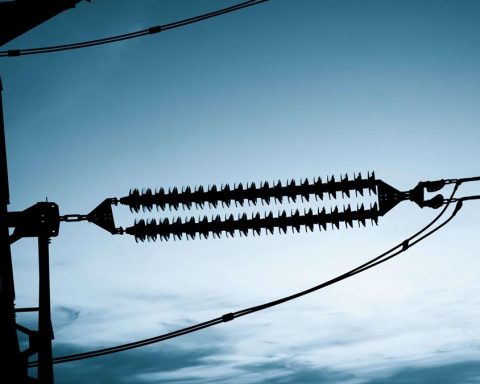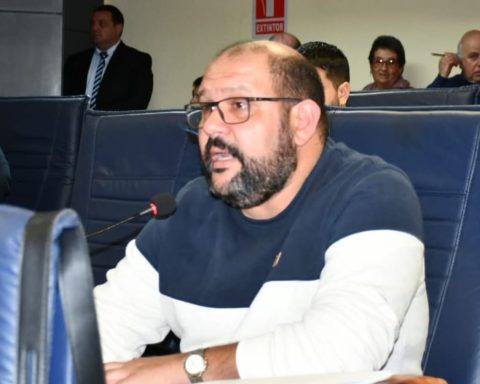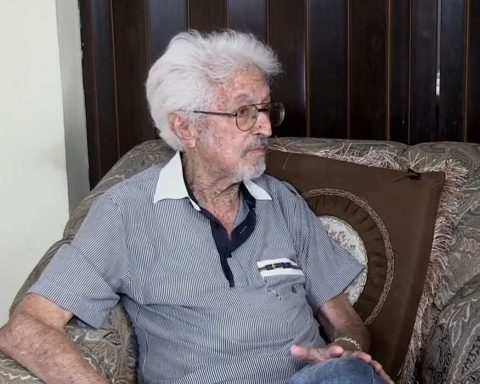The hours before the Summit of the Americas, which will take place between June 6 and 10 in Los Angeles, California, do not offer an encouraging picture. Rather, they generate “low expectations” about the possible results, explains the former Costa Rican president Laura Chinchilla (2010-2014), who envisions a meeting focused on the migration issue.
Chinchilla is a political scientist, with a master’s degree in Public Policy from Georgetown University, and is one of the most prominent members of the group Democratic Initiatives of Spain and the Americas (IDEA – Democratic), a forum of former heads of state that promotes democracy.
For the former Costa Rican president, who has worked as a consultant for the Inter-American Development Bank (IDB) and the United Nations Development Program (UNDP) and is one of the best informed about the situation in the region, at this moment a division on the agenda, based on the different positions shown by Mexico and Brazil, led by the first by President Andrés Manuel López Obrador and the second by his counterpart Jair Bolsonaro.
“The only thing that (the lack of communication between Mexico and Brazil) has caused is that Latin America today has become a fairly irrelevant region on the international stage,” Chinchilla said in this interview published a day before the start of the Summit. on the tv show This weektransmitted through social networks.
Chinchilla also exposes his points of view on the possibility that the Nicaraguan crisis becomes a regional issue.
What are the expectations of this ninth Summit of the Americas after the pandemic, with a war in Europe that is impacting the region? What are the big issues going to be?
I don’t have high expectations. Of the many that I have had to see and participate in, I feel that it is the one that is reached in the worst conditions of intra-regional political dialogue. This is extremely discouraging, because precisely this should be a moment in which the rulers could put aside some of the ideological discrepancies and understand that, never before, the region requires a collective effort, because we are in an extremely difficult situation. criticism.
I remember that Latin America was the region that lost the most from the pandemic crisis in health, economic and social matters, and today we are receiving the negative consequences of the conflict with Ukraine. Despite the complex situations that the region is experiencing, we have not seen a will to arrive with a common agenda and a moderately sensible political dialogue.
It is the second time, since the summits began, that the United States is the host. The first time was in 1994. How much has the position of that country changed in terms of its weight as a world power and what are its interests when there is a greater presence of China in the region?
The context is definitely very different. Not only because of the relative weight of the United States in the region. At that time (1994) it was the quintessential powerhouse. At this (moment) it has a weight in terms of trade, of investment only in the countries of the north of the region. The more we go down to the south, the more presence China has.
But, in addition, also with the internal situation of the USA; In that first Summit there was an agreement on many things, but very especially on foreign policy in which the axes of trade and democracy predominated. Now not even this.
USAThe US has run out of steam on both issues. Democracy has also entered a crisis. So that moral authority is not enough and in commercial matters there have been erratic decisions, in some cases returning to protectionist measures. So the context is vastly different.
What are the issues that are of most interest to the large countries of the region such as Canada, Mexico, Brazil, Colombia and Chile?
It is very difficult, at least what we can say is that there is no common agenda; that they have never been more distanced and divided than before, particularly between Brazil and Mexico. An unfortunate thing, because when they manage to coordinate actions together, the region tends to get on track, to be more orderly and have more impact on the international scene.
Today there is no dialogue, they have perspectives (that) seem different, even when the styles of the rulers are similar in some aspects. That, the only thing that has caused, is that Latin America today has become a fairly irrelevant region on the international scene.
Some have pointed out that the absence of some countries could weaken the Summit, what happens if several leaders are finally absent?
Yes, of course a Summit is measured by the number of Heads of State who attend, particularly from the most important economies. In this case, we know that Brazil, Argentina, Chile, Colombia, which are important economies, will be present. The discussion is centering on Mexico. We don’t know what’s going to happen. But look, I want to tell you one thing: people have changed, the expectations of Latin American citizens are different. They are not the same as twenty years ago. There is a lot of skepticism in them.
So, when we see presidents begging each other to participate in a Summit, all they are doing is confirming those misperceptions that we cannot expect much from government action at the collective level to solve the problems that the region has today.
There are also activities from the private sector, civil society, what could be achieved at the Summit from those spaces?
I am of the thesis that, given this circumstance, of this depressing scenario that we are seeing on the part of governments and rulers, it is up to civil society, the private sector, to take control, the scene of that Summit. Of course they can never replace the rulers, but they can use the stage to raise their voices, position their concerns, take advantage to make positions prevail in many areas; one of them that is clearly going to happen: the strengthening of alliances in defense of democracy and also the private sector is going to have a very clear agenda in terms of economic reactivation.
At the 2001 Summit, the proposal for the Inter-American Democratic Charter was proposed, which was finally signed in September of that same year. Twenty-one years later there are three dictatorships on the continent: Nicaragua, Cuba and Venezuela. What priority will this issue have at the Summit?
Unfortunately, democracy does not seem to be a theme of the Summit. In fact, even Biden had organized a global chapter on these democracy issues when he called a Summit on it. Which, by the way, left out several countries that today are reluctant to go precisely because they were not invited at the time.
Specifically countries like Bolivia, Guatemala or El Salvador. I feel that this summit is going to be single-issue in which the migratory issue, which is the priority of the United States —it has been and continues to be— will occupy the central space of it. What can we expect from the Latin American countries if they have not even been able to coordinate a common agenda.
Among Nicaraguan civil society groups that advocate for democracy, there is some expectation that there will be some gesture regarding the situation in Nicaragua and the political prisoners. Do you consider that this possibility exists??
There will be many gestures of solidarity. In these parallel activities of civil society, I am in fact incorporated in several. We are going to have expressions of solidarity in various speeches, but it seems to me that it will be the individual expression of the governments and I do not see it as part of a declaration. If it has cost us so much to advance within the OAS, I don’t see that cases like Nicaragua, Venezuela, will be individualized in any statement that it may have there.
What do you think could be the best result for the continent?
That above all they do not prescribe us these profanities that sometimes are said between them. That would be profit. So low are the expectations, quite frankly, that I don’t think much is expected. It is very likely that there will be a statement on migration issues.
Hopefully it has substance and is just rhetoric; that we can see the convergence of mechanisms that guarantee more orderly migratory movements, attached to human rights, and an agenda that accompanies the problems. If we continue to treat this issue as its final expression, which is the forced mobility of people, very little will change in our region.
